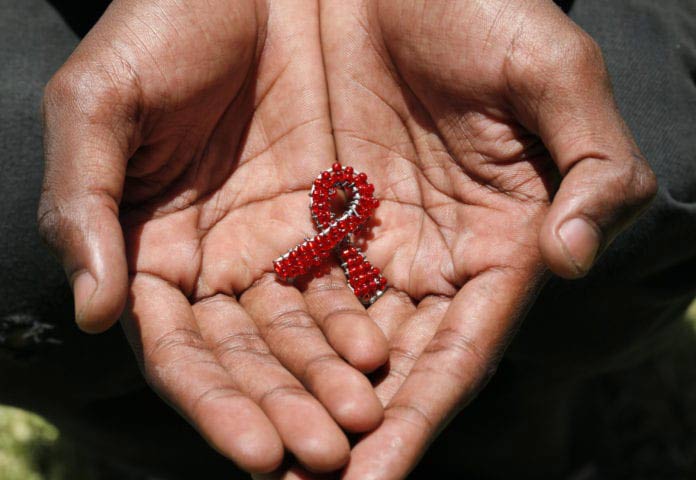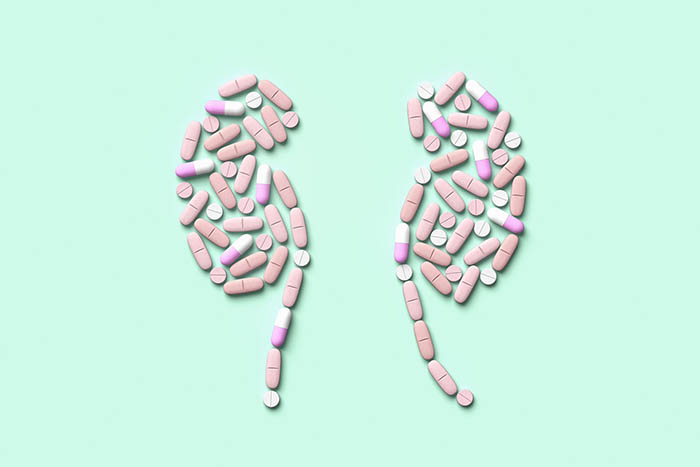Made possible by the HIV Organ Policy Equity (HOPE) Act, Emory Transplant Center has performed its first HIV-positive kidney transplant from an HIV-positive deceased donor. Not only was this Emory’s first HIV to HIV kidney transplant, it is also the first of its kind in Georgia and the first HIV to HIV positive kidney transplant in 2017.
Emory and eight other centers nationwide are taking part in the HOPE in Action clinical trial — a prospective, pilot study to evaluate the safety of HIV-positive deceased donor solid organ transplants (kidney and liver) in HIV-positive recipients.
Stable HIV-infected adults with end-stage kidney disease who meet study-specific HIV criteria for organ transplantation will be offered enrollment in the study at Emory. Currently, Emory is enrolling participants for HIV-positive to HIV-positive kidney transplants, with a plan to include liver transplant patients in the near future.
“With 120,000 people on the wait list for a kidney transplant, and about 10,000 people living with HIV who are on dialysis, the HOPE Act gives us new opportunities to save more lives, rather than turning down organ donations from HIV-positive donors,” says Nicole Turgeon, MD, kidney transplant surgeon, Emory Kidney Transplant Program and principal investigator of this study at Emory.




